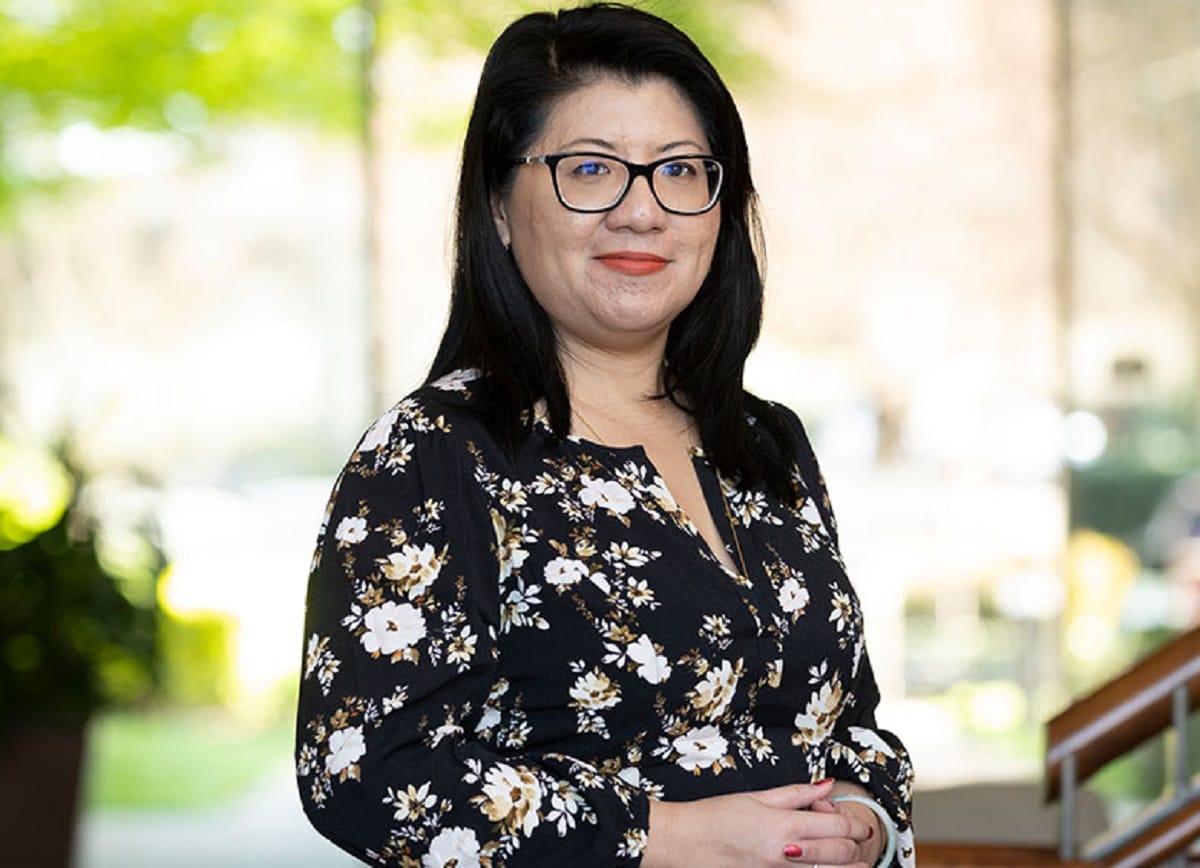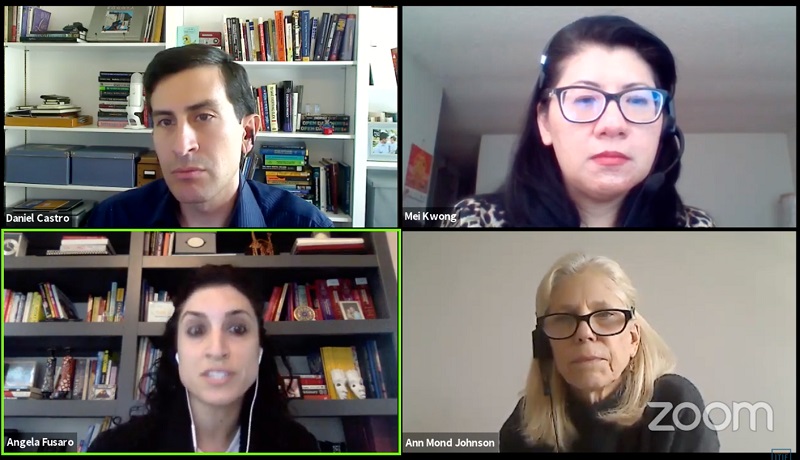In a Few Weeks, Telehealth Has Gone from Pre-COVID19 Convenience to Life or Death Necessity
May 1, 2020— There will be an outcry if the telehealth tools are taken away from Americans following the coronavirus pandemic, said Mei Kwong, executive director of the Center for Connected Health Policy, at a webinar hosted by the Information Technology and Innovation Foundation on Wednesday. Ann M

May 1, 2020— There will be an outcry if the telehealth tools are taken away from Americans following the coronavirus pandemic, said Mei Kwong, executive director of the Center for Connected Health Policy, at a webinar hosted by the Information Technology and Innovation Foundation on Wednesday.
Ann Mond Johnson, another panelist and CEO of the American Telemedicine Association, argued that during the ordeals of pandemic telehealth has gone from a “pre-COVID convenience” to a “life-or-death” necessity.
Telehealth, also known as telemedicine refers to receiving remote consultation from a medical provider, and it has the transition from in-person appointments to telehealth appointments have been fast during coronavirus. Johnson has witnessed practices that have “converted over to virtual literally over a weekend.”
The government has responded to the demand for telehealth by “removing many barriers,” said Johnson.
The Center for Medicare and Medicaid Services has changed rules governing Medicare that loosen reimbursement factors such as location of patient, services that are reimbursed, and expanding who can provide the services according to Kwong.
In addition, Kwong also noted that the federal government is now taking more steps to be “relaxed” around HIPAA compliance. Further, doctors can now prescribe medication to patients with opioid-use disorder to keep them from withdrawal, even if the doctor has never met the patient before.

“I love how we have been trendsetters,” said Angela Fusaro, CEO of Physician360, referencing her and her peers’ work on telehealth long before the pandemic vaulted it into the public vocabulary.
Accordingly, panelists predict strong reactions among Americans if recent telehealth policies are rolled back following the health crisis. Kwong pointed out that for some Americans who lack broadband, “the phone may be the only way” that they can reach a doctor.
Fusaro wondered if politicians will support “the providers who rallied” behind the technology, or if will leave them out to dry by rolling back those policies.
She also highlighted the use for telehealth in treating issues of mental health. The American Psychological Association recently endorsed using telehealth for mental health appointments as “good if not better than” in-person visits.
For a problem that affects 20 percent of Americans, and with half of all counties in America not offering any mental health services, Fusaro argues that telehealth is an inevitable tool of the future.
As Johnson pointed out, when the practice of laparoscopic surgery was adopted by the medical community, it was eventually just called “surgery.”
“This is not going away,” Johnson said of telehealth. “It’s only getting bigger.”








